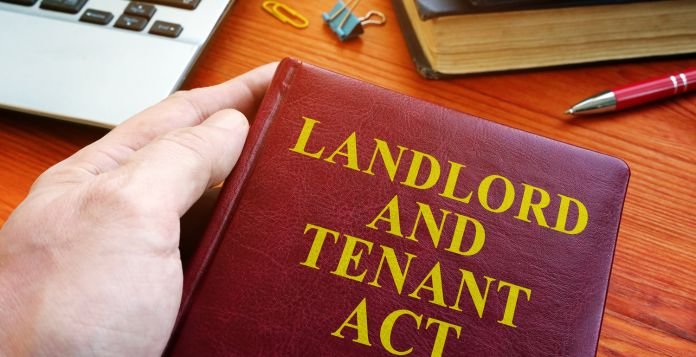UK Landlord Case Law
- by Bhavi Bhudia
- Hits: 2182

The UK has a vast number of landlord-tenant relationships, where the law plays a crucial role in protecting tenants' rights. The most common disputes arise between tenants and landlords non-compliance with their respective legal duties.
Over time, several case laws have been established to regulate and govern the landlord-tenant relationships.
Below are key landlord case law in the UK and how they affect landlords and tenants.
Case Law on Evictions
One of the most significant issues in landlord-tenant relationships is the eviction of tenants. The court has set various case laws that regulate the eviction process. The main cases include:
Powell v Hounslow London Borough Council [2011]
This case law outlines that the local authority must ensure that a suitable property is offered to the tenant before eviction is carried out. Also, landlords must take extra measures to ensure that eviction doesn't lead to homelessness.
McDonald v McDonald [2016]
In McDonald v McDonald [2016], the court enforced the rule whereby it is illegal to evict a tenant if the landlord has not complied with a Gas Safety Certificate. This case law establishes that a landlord must ensure that the property's gas appliances are safe before letting it out.
Spencer v Taylor [2013]
The court held in Spencer v Taylor [2013] that a Section 21 Notice can be invalid when enforced by a landlord after receiving a tenant's retaliatory notice. This case law helps tenants remain in their homes without fear of eviction after raising genuine concerns about the property.
Trecarrell House Ltd v Rouncefield [2020]
In Trecarrell House Ltd v Rouncefield [2020], the court established the rule that landlords must comply with the requirements of the Deregulation Act 2015 before serving Section 21 notices.
Case Law on Rent Arrears
Another issue facing landlords is unpaid rent from tenants. The court has set various case laws to protect the rights of tenants and landlords. The main cases include:
Universal Estates North Ltd v Tiensia [2010]
In Universal Estates North Ltd v Tiensia [2010], the court established that landlords must deliver the statement of account showing the tenants' rent owed regularly.
Johnson v. Old [2013]
The court held in Johnson v Old [2013] that tenants could use the defence of 'estoppel' to reduce any alleged arrears that may have arisen.
Ashraf v. Ahmad [2014]
In Ashraf v. Ahmad [2014], the court held that tenants could raise counterclaims against landlords where repairs affecting their livelihoods are done.
Case Law on Repairs and Maintenance
One essential aspect of the landlord-tenant relationships is repairs and maintenance. The court has set various case laws to protect tenants' rights to decent living conditions while simultaneously making sure landlords' interests are not overlooked. The main cases include:
Warren v Keen [1954]
In Warren v Keen [1954], the court established that landlords must ensure that all repairs are timely and efficient.
H.A.&C. Simons Ltd v Bryen & Langley Ltd [1965]
The H.A.&C. Simons Ltd v Bryen & Langley Ltd [1965] case law states that landlords are responsible for the maintenance of common areas within the property.
Homes for Haringey Ltd v Fearn & Others [2013]
In Homes for Haringey Ltd v Fearn & Others [2013], the court held that landlords must ensure that smoke alarms are installed upon the commencement of a tenancy.
In conclusion, case law plays a critical role in regulating landlord-tenant relationships in the UK. Proper knowledge of the relevant case laws can help prevent conflicts, misunderstandings, and costly court cases. This article has highlighted some of the most important case laws in the UK, influencing landlord-tenant relationships on Evictions, Rent arrears, Repairs, and Maintenance. It's essential for landlords and tenants to understand these cases' implications to avoid violating the law while protecting everyone's interests involved.
If you are a self-managed landlord who is not sure if you are compliant with the law give us a call to see how we can help you, we work with many self-managed landlords to ensure they are compliant with the law.
